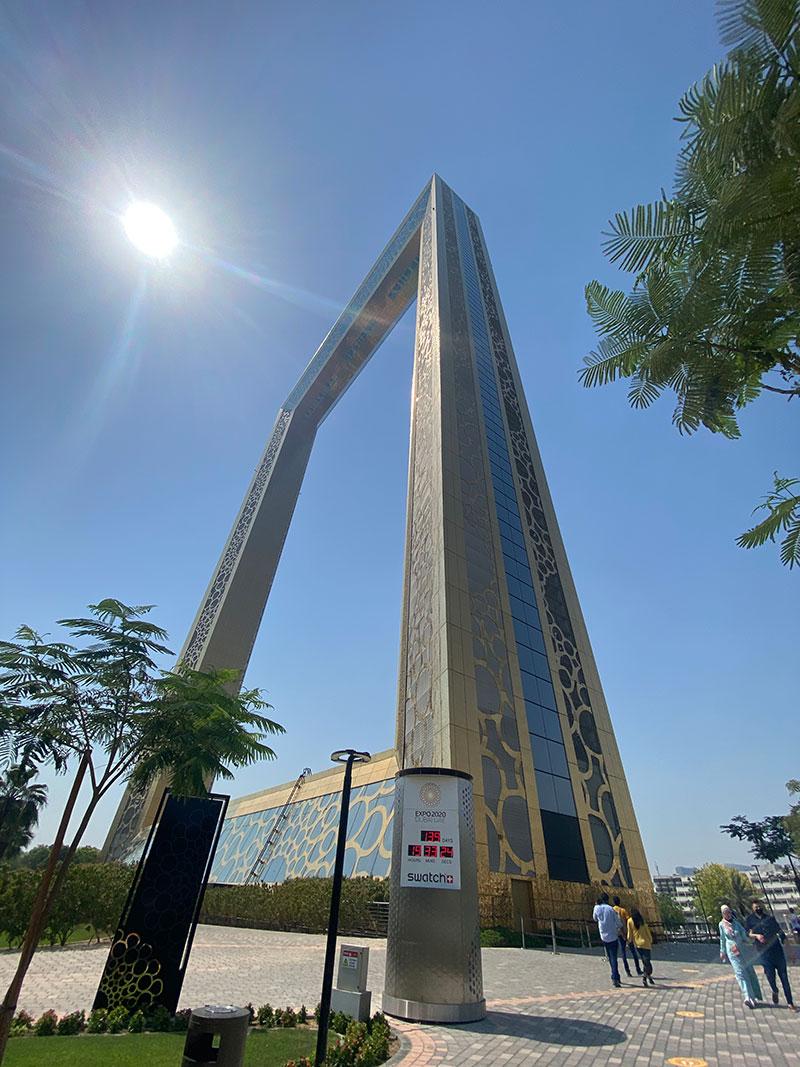New Member Spotlight | Sensory Access
Sensory Access is a Seattle-based company that “aims to create inclusion for people who may have hidden disabilities.” From tools to sensory-friendly entertainment productions, Sensory Access’ goal is to make events more accessible to people with sensory processing difficulties.
“Sensory Access was created out of a mixture of personal and professional experiences,” says Dr. Daniela Ferdico, who co-founded the company with her daughter, Isabella.
Ferdico is a neuropsychologist who works with neurodivergent (the term for people whose brains function differently in one or more ways than what is considered standard or typical) individuals and specializes in how the brain connects and functions in the world—especially in how sensory information is processed. Together, as a neurodivergent family, she and her daughter noted that one of the key elements of struggle for people with high sensory impact is not necessarily the impact itself, but the surprise and lack of ability to plan for, and thereby accommodate for, the difficulty the impact may have.
“We created processes to take data and document sensory information about these experiences so that individuals who process sensory information differently can have access to such environments,” Ferdico says.
The Sensory Access team helps review events and attractions, and team members have their own variation of neurodivergence.
“This is incredibly important,” Ferdico says. “You have to be able to view an experience from the lens of the very groups you are trying to include. There is a saying in the autistic community: ‘Nothing about us, without us,’ and we really believe that it takes a team of neurodivergent individuals to provide feedback about how neurodivergent people may process an experience.”
Since its inception, Sensory Access has helped attractions and environments design and build with accessibility in mind. For example, if an attraction uses audio, tactile, or visual elements that may create sensory difficulties, Sensory Access will encourage design teams to implement elements that are not as difficult to process.

“It is never about limiting creativity, but rather viewing it through an additional lens,” Ferdico says.
When Sensory Access works with an existing attraction to add accessibility, the goal is to capture the experience properly so guests know what to expect and can plan ahead or prepare for the sensory impact (like flashing or strobing lights), and the attraction itself can train staff on promoting inclusion and offering accessible services.
Through user and neuroscience research, Sensory Access has developed “Sensory Rating Cards” for experiences and attractions. A team of individuals with autism and sensory sensitivities audits experiences from the guest’s viewpoint, takes data, and then utilizes a specialized algorithm to create ratings and short narratives about each part of an experience.
Currently, Sensory Access is working with several music festivals, a museum chain in Wales, and the “Unboxed” event across the U.K. It also participated in Expo 2020 Dubai in the United Arab Emirates, auditing pavilions and experiences, creating Sensory Rating Cards, and developing guides.
Sensory Access just launched virtual sensory rooms and opened an office in the U.K., with hopes of opening one in Asia. The company recently joined IAAPA due to the team’s passion for themed experiences and plans to speak at IAAPA Expo 2022.
“There is nothing like a carefully designed and well-implemented themed experience,” Ferdico says. “We are excited to be part of IAAPA and become more involved with attractions, both as they are being built and in adding accessibility.”
